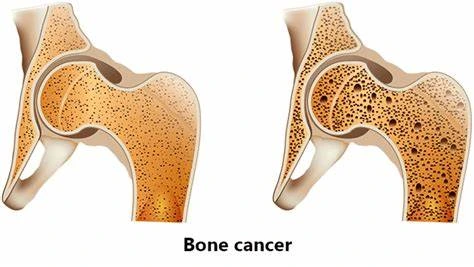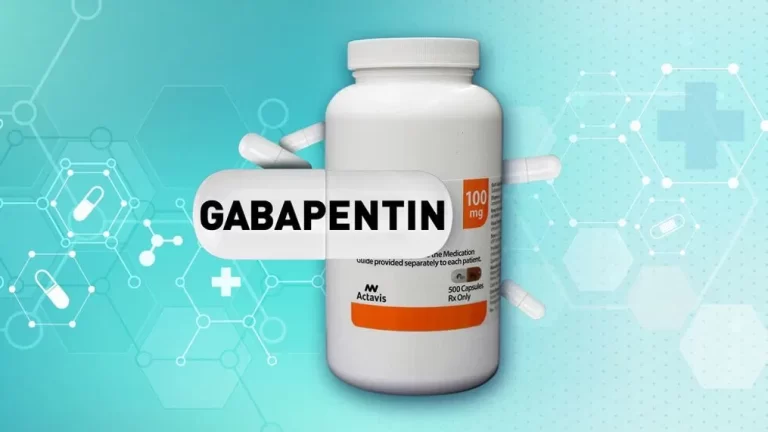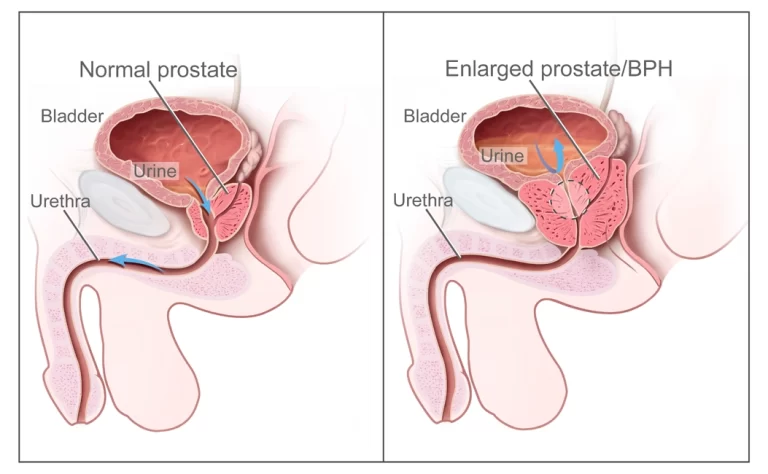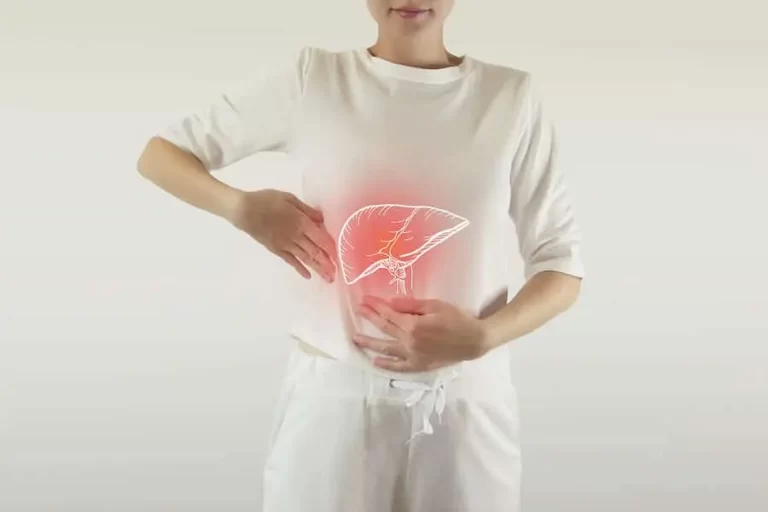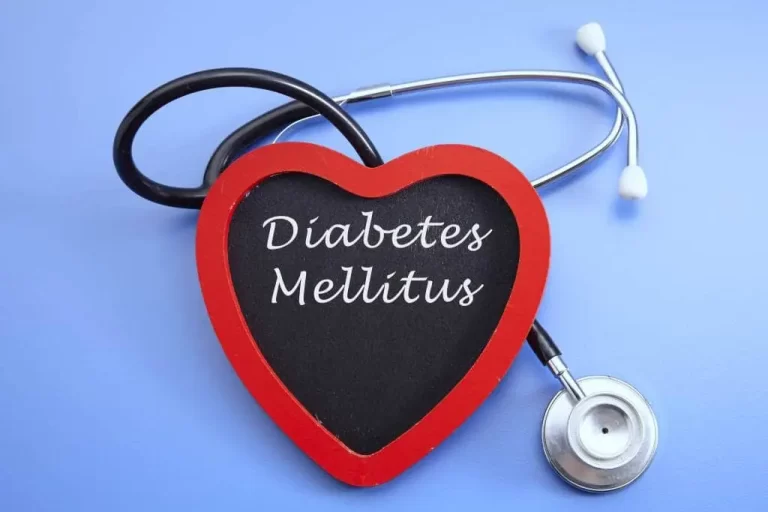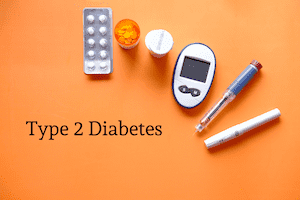Peptides
What Are Peptides? Amino acid strings, sometimes referred to as peptides, are the “building blocks” of proteins. Peptides are essentially small proteins, ranging in length from 20 to 100 amino acids. Peptides are crucial components of several essential bodily activities that your body produces. For example, the peptide hormone insulin, which has a length of…



